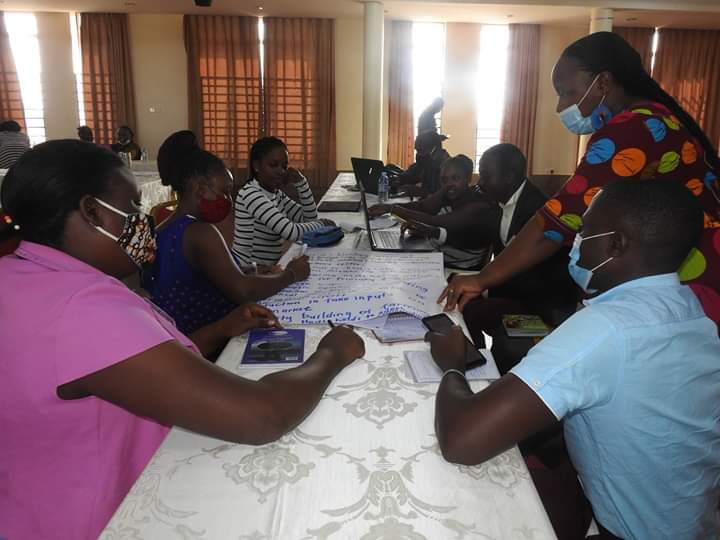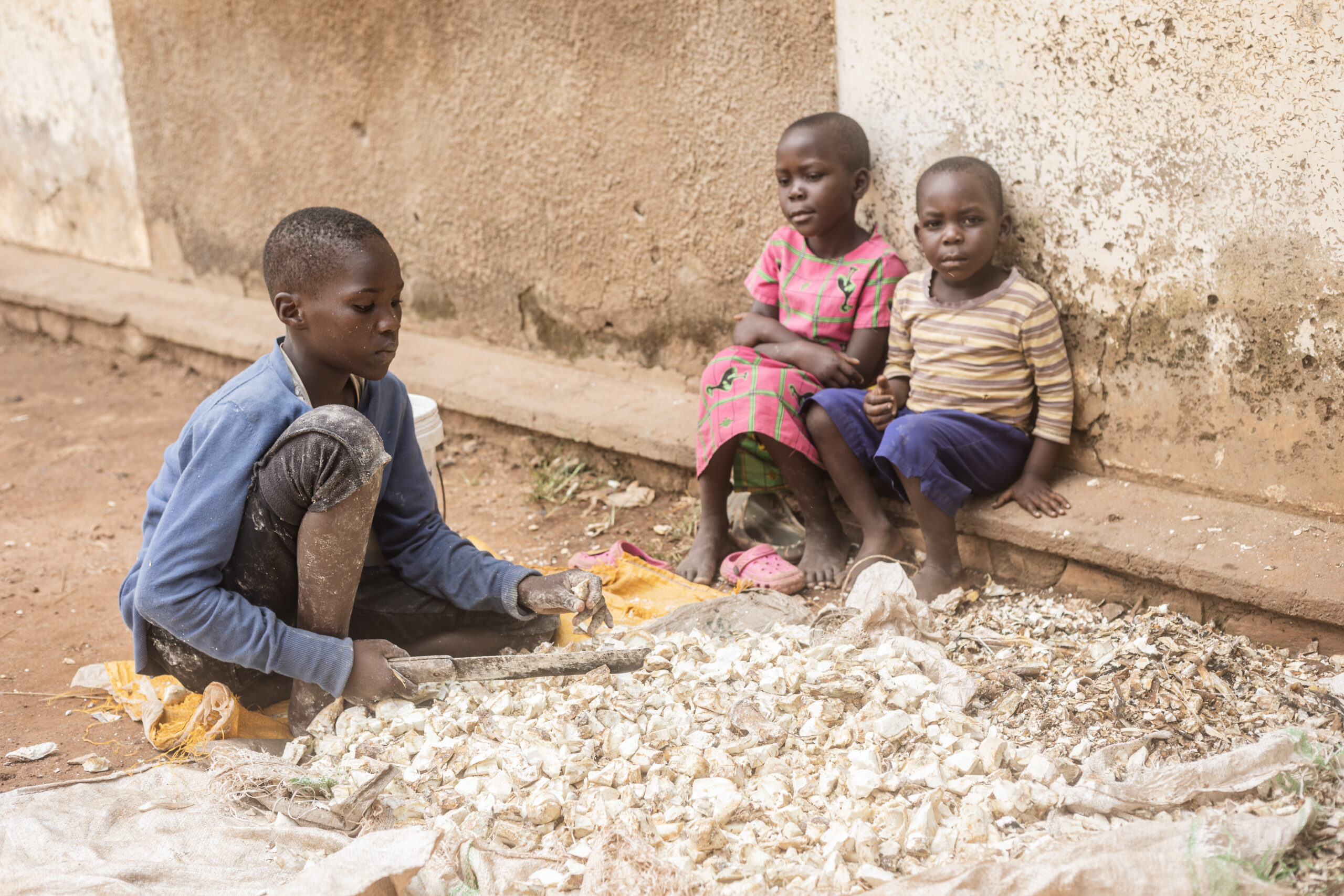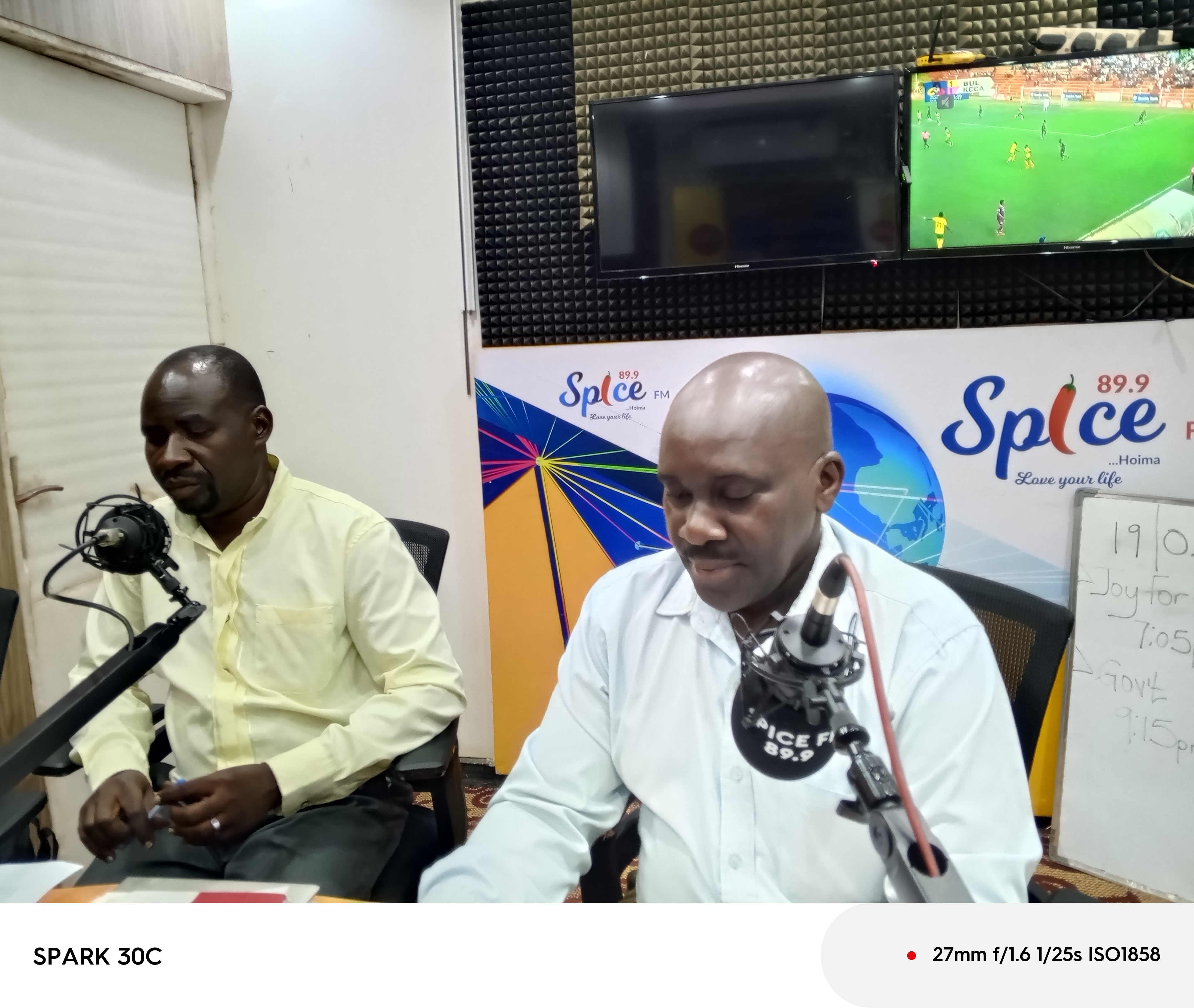Child marriage affects 12 million girls every year, across countries, cultures and religions. Like many other forms of harmful practices, it is a violation of human rights. In Uganda, 40% of our girls are married before their 18th birthday and one in every 10 girls is married before the age of 15. Too many girls still face grave risks of early pregnancy, physical and psychological abuse. Their rights, to education, to be protected and to be empowered to influence decisions that affect their lives are still limited or denied. Child brides are often married into a relationship with an older man, where they lack the status and knowledge to negotiate safe sex and contraceptive practices. Child marriage places girls at risk of violence from in-laws, of HIV and other sexually transmitted infections, as well as early pregnancy. Babies born to women and girls married as children are more likely to suffer from malnutrition and underdevelopment, often perpetuating the cycle of poverty for another generation.
To date, work to end child marriage has been relegated to low-profile, under-resourced ministries with no specific budget lines. The need to bring different sectors like CSOs together to understand linkages of child marriages and national budget, and whether it is anchored on the priorities in the National Development Plan, which is a medium term planning tool, to develop interventions that address the different drivers. And effects of child marriage are increasingly being recognized, however, these interventions are not being implemented on the scale that is needed. This could be attributed to limited budgets directed to curd the vice. Delivering multisectoral responses to child marriage issues at national and local government levels requires influencing governments to demonstrate leadership, to coordinate the work of different departments and agencies, and to act faster to meet national, regional and global deadlines for ending child marriage.
The Budget Act, 2001 on the other hand provides for and regulates the budget procedure in Parliament and other stakeholders. When CSOs are empowered with skills of budget analysis and monitoring, they can trigger discussions at all levels on having specific budget lines and increasing allocations to issues/ interventions tailored at ending child marriages. In 2015, the global community committed to end child marriage by 2030. Sustainable Development Goal (SDG) 5 on gender equality requires the elimination of all harmful practices, including child, early and forced marriage.
A few weeks ago, Joy For Children Uganda together with Girls Not Brides Uganda Alliance, embarked on budget analysis, monitoring and advocacy skills empowerement training that targeted representatives from five districts of Isingiro, Kamwenge, Kyegegwa, Kiryandong and Arua. And benefited over 30 representatives of Civil Society and Non Governmental organisations from allover the country. The specific objectives of the training were to;
- trengthen the technical knowhow of GNBU members in budgeting cycles including planning, tracking and monitoring;
- mprove capacity of Partners and GNBU members to influence budgetary processes that support social issues including child marriage in Uganda; and
- Promote coordinated budget advocacy strategies among Partners/GNBU members at both national and district levels.
At the end of the training, the following outcomes were realised’
- Increased knowledge of 30 participants from over 10 CSOs and Non-Governmental Organisation from all regions on budgeting processes.
- Partners and GNBU members’ commitment to increasingly play an important role in monitoring implementation of the budgets attached to Ending marriage and teenage pregnancy.
- Improved understanding on budget tracking, resource allocations and utilization and ensuring that funds are disbursed and used as planned at both district and national levels.
Key take homes by the training participants;
What opportunities are available for JFCU partners and members of Girls Not Brides Uganda in the national budget process? They are many; in advocating for many young girls’ rights to achieve the desired dreams that makes them a productive resource in contributing towards a prosperous and developed nation.
During budget implementation, citizens and CSOs can: Monitor the implementation of the budget (i.e. tracking sector spending); Ensure that all information pertaining to government releases is displayed on notice boards; and Disseminating budget information to all citizens and mobilise them to participate in all sub-county, village and village meeting






